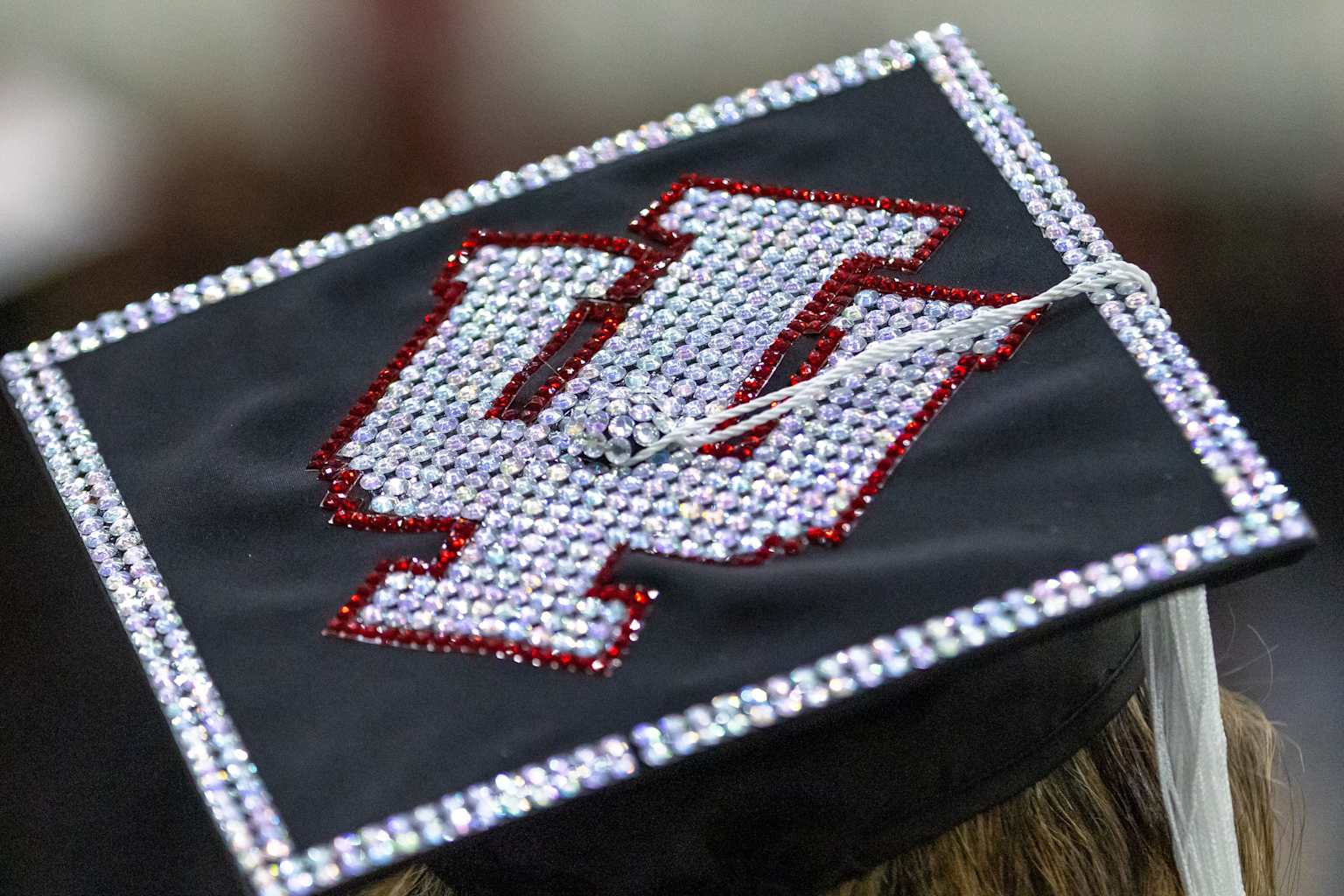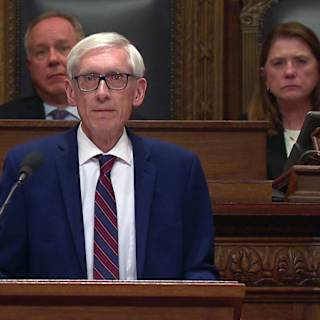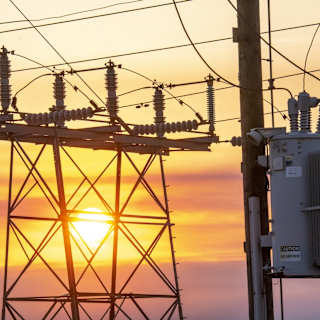- Statewide Commitment Emerges From Budget Pressures
- Financial Strain Drives Policy Innovation
Indiana's public colleges and universities agreed today to freeze tuition and mandatory fees for in-state undergraduate students for the next two academic years, marking the first time all 15 institutions have simultaneously committed to holding costs flat.
Governor Mike Braun announced the unprecedented move, which affects the 2025-26 and 2026-27 academic years and represents the most comprehensive tuition freeze in Indiana's recent history. According to state records, this is the first time since at least 2010 that more than two campuses have held tuition steady at once.

The freeze applies to all major state institutions, including Ball State University, Indiana State University, all Indiana University and Purdue University campuses, Ivy Tech Community College, University of Southern Indiana, and Vincennes University12. The Indiana Commission for Higher Education unanimously endorsed the governor's recommendation last month, marking the first such consensus in the commission's history34.
"A month ago, we challenged our state's public higher education institutions to find efficiencies, eliminate redundancies and identify ways to streamline services without compromising quality," Braun said2. The announcement comes after Indiana faced a $2.4 billion budget shortfall, leading to 5% operating cuts for state agencies and higher education institutions3.
The tuition freeze follows years of mounting concern over college affordability. Nearly 70% of Indiana undergraduates receive financial aid, but out-of-pocket expenses remain barriers for first-generation and low-income students, according to state education officials1. Student loan debt nationally reached $1.6 trillion in late 20232.
Some institutions have already pioneered cost-containment strategies. Purdue University has maintained its tuition freeze since 2013, allowing about 60% of students to graduate debt-free3. Indiana University reduced academic fees by half in 2024, saving students $14.5 million annually4.
While tuition remains frozen, institutions can still raise room and board costs, and some will increase rates for international students1. Several universities plan modest increases for graduate programs4.
"Keeping tuition flat keeps the door open for students of all backgrounds, all ZIP codes, and all walks of life," said Samantha Fleischaker, a University of Southern Indiana student who serves on the state higher education commission5. "It's not just a number. It's the difference between opportunity and what feels impossible."



